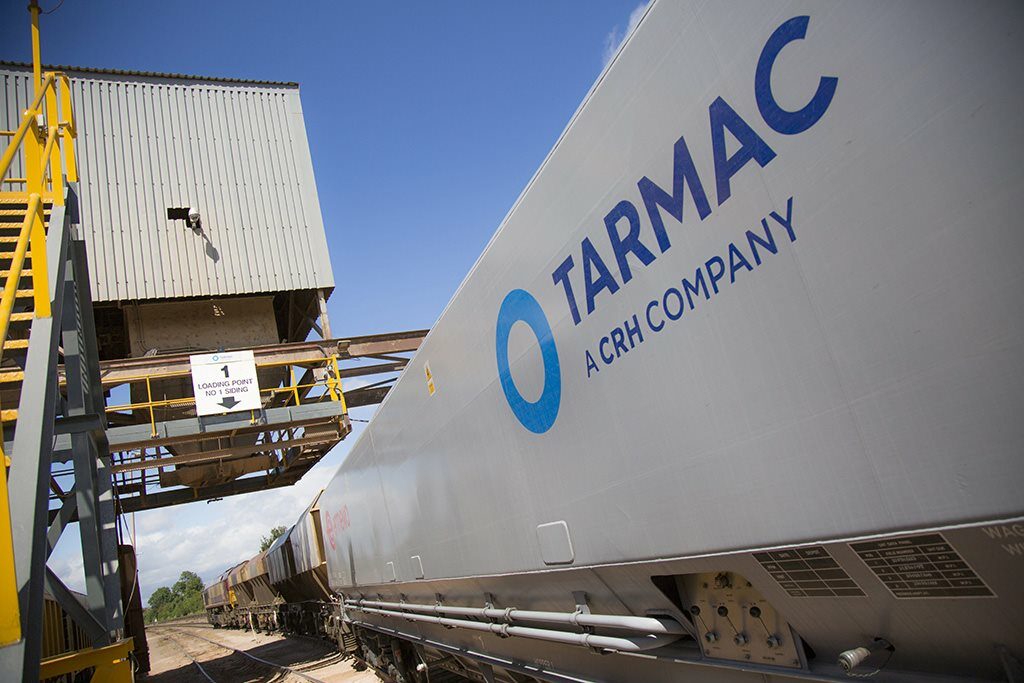
Profit at Tarmac has shrunk by more than two thirds against a backdrop of delays in public infrastructure and weakened residential demand.
The building materials giant recorded a profit before tax of £51.8m, down substantially from £168.1m the previous year, while turnover dropped from £2bn to £1.9bn over the same period.
According to its annual report and financial statements for the year ended 31 December 2024, much of the reduction in profit reflected “one-off events” the year before.
The financial impact of Tarmac’s sale of civils contractor Alun Griffiths back to its original owner was not picked up in the statement as the deal was confirmed after the closure of the reporting period.
The firm’s buyout a month later of Tendley Quarries in Cumbria – which had previously operated as a joint venture – also came too late for its effect to be included.
At the end of last year, Tarmac had net assets of £756m – a rise of £57m on the previous year – while net current assets stood at £183m, up from £128m.
Cash at bank and in hand remained steady at just over £20m.
However, no final dividend was paid for the year.
The firm had no external bank loans or overdrafts.
In a strategic report accompanying the accounts, Tarmac’s directors said overall trading remained broadly in line with the previous year’s performance, with results showing “resiliency” despite market sluggishness.
“The construction sector remained subdued, with delays in public infrastructure projects and continued softness in private residential demand, impacting activity levels,” it said.
Cost inflation also continued to be a factor, it noted, although the firm was able to respond through targeted price increases.
The average number of employees at the firm fell from 2,621 in 2023 to 2,413 in 2024, which helped to strengthen balance sheets as part of a drive to improve efficiency.
“Underlying profitability in the year also benefitted from a reduction in headcount following an organisational restructure as well as the continuation of the company’s optimisation long-term programme which has delivered benefits across commercial, operations and logistics,” it said.
It noted that the government’s willingness to invest in major infrastructure projects in a bid to support economic growth was a positive sign.
“This contributes to strong medium to long term prospects for the company given the level of investment required in the UK, and the commencement of key infrastructure projects,” it said.
“Management remains focused on what can be controlled as a business and will continue to work towards investing in construction solutions for the future.”
Last month, a strike at a Tarmac plant in Derbyshire was averted after workers voted to accept an improved pay offer.